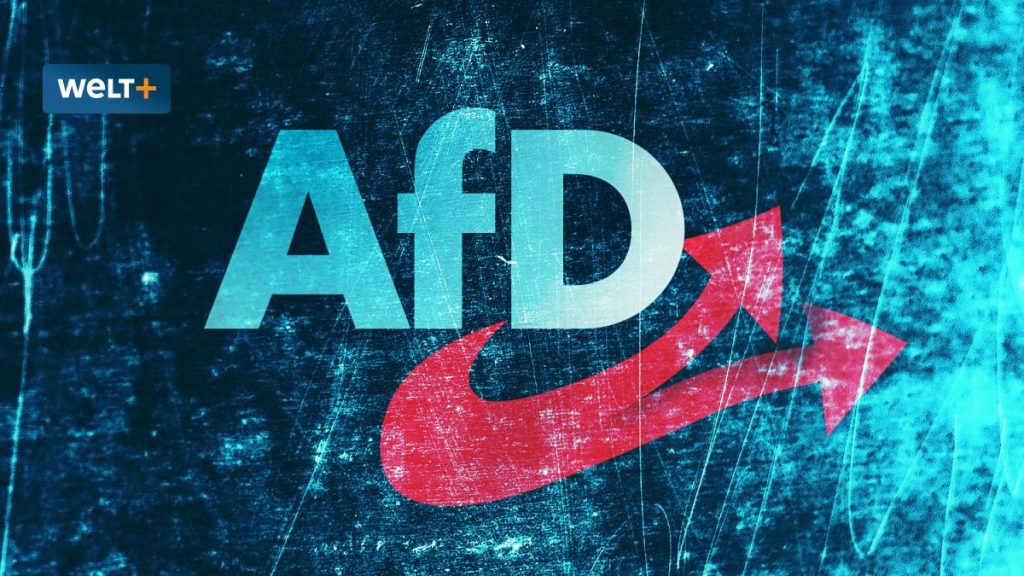The Alternative für Deutschland (AfD) party is facing internal struggles as some members distance themselves from the party’s far-right rhetoric. Some members are concerned that the party is becoming too extreme and are calling for a shift towards a more moderate platform. This shift has led to a rift within the party, with the more conservative members being labeled as the “Hooligan-Fraktion” by their more extreme counterparts.
The AfD has gained popularity in recent years by focusing on issues such as immigration and security. However, some members believe that the party should focus more on economic issues and move away from its far-right image. This internal struggle has intensified as the party prepares for the upcoming elections, with some members calling for a more centrist approach to attract a wider range of voters.
The rift within the AfD has caused a divide among party members, with some calling for a more extreme agenda while others push for a more moderate platform. This divide has created tensions within the party and has led to the labeling of the more conservative members as the “Hooligan-Fraktion.” The party leadership is now faced with the challenge of uniting its members and presenting a cohesive platform ahead of the elections.
The internal struggles within the AfD have also led to speculation about the party’s future and whether it will be able to maintain its current level of support. Some political analysts believe that the party’s focus on far-right issues may ultimately limit its appeal to a wider audience. As the party grapples with these internal challenges, it remains to be seen how it will navigate the upcoming elections and potentially redefine its image.
Despite the internal divisions within the AfD, the party remains a key player in German politics and has the potential to influence the outcome of the upcoming elections. The party’s ability to attract voters will depend on its ability to unify its members and present a coherent platform that resonates with a broad base of voters. As the AfD continues to navigate its internal struggles, the political landscape in Germany may be reshaped in unexpected ways.
In conclusion, the AfD’s internal struggles highlight the challenges faced by a party that has gained popularity by embracing far-right rhetoric. The party’s ability to navigate these challenges and redefine its image will be crucial in determining its success in the upcoming elections. As the party grapples with internal divisions and attempts to appeal to a wider range of voters, its future remains uncertain. The upcoming elections will be a key test for the AfD and will shape the future of German politics.


